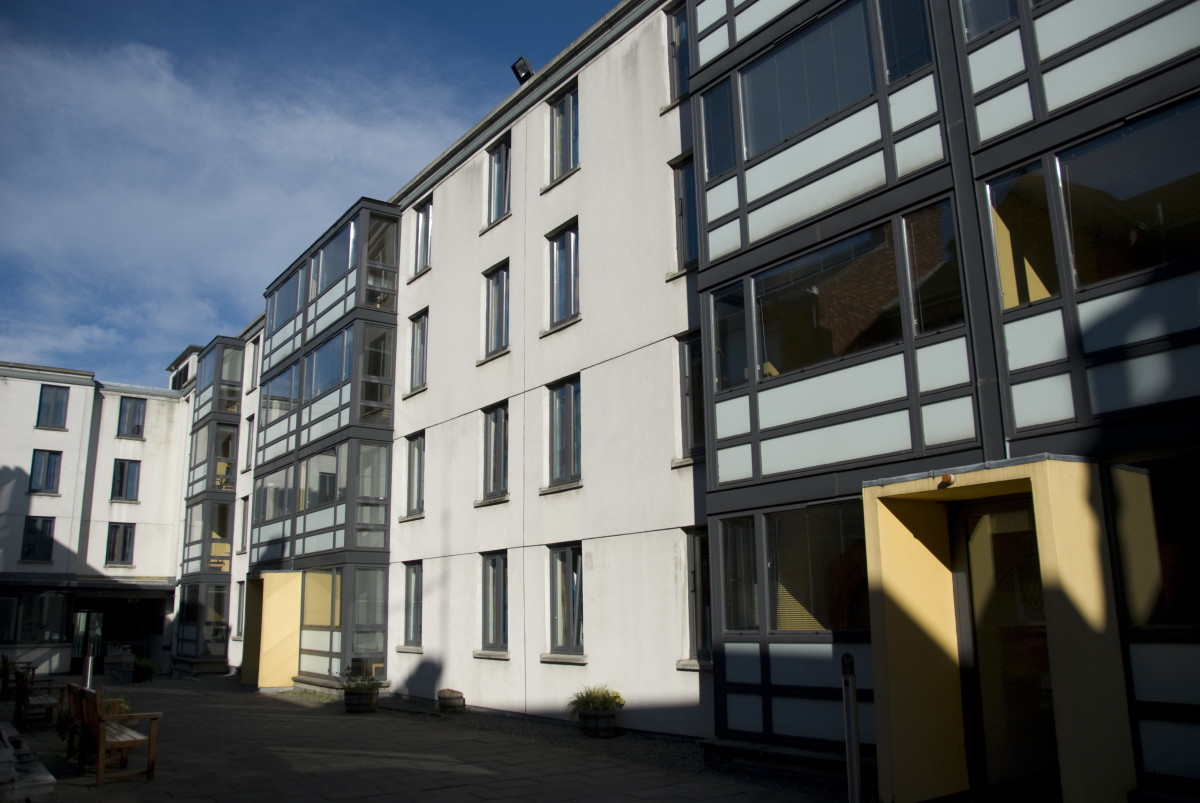This September, as it has every year since I started at Trinity, the Dublin housing crisis looks set to disproportionately threaten students. The market trends remain widely observed but insufficiently addressed; demand for housing outpaces supply at an ever-growing rate. Any viable path forward should acknowledge that “quick-fix” solutions created the present crisis, and should not be looked to as an answer to the city’s underlying afflictions.
Dublin faces unique challenges on both the supply and demand fronts for housing, in the context of which assigning blame for past failures – e.g. the financial crisis – becomes irrelevant. People who would have once bought a house now face prohibitive borrowing costs or subpar financial histories that limit their access to credit. These people spill over into the rental market, often jumping to the top of the queue of “desirable” tenants. Students are among the groups most directly threatened by this new reality.
“Quick-fix” solutions created the present crisis, and should not be looked to as an answer to the city’s underlying afflictions.
The housing squeeze also reflects the severe inflexibility of supply. Dublin has notably refrained from building “up” in the city centre. High-rises remain a popular way to aid urban expansion in many parts of the world, but they seem poorly suited to Dublin’s unique historical and cultural context. As a result, the city’s growth continues to sprawl outward, leaving many students stranded on the periphery of social, cultural, and academic life.
Equally worrying for students is the declining quality of their options. Landlords hold all of the bargaining power in a high-demand market, so students pay more to get out-dated or even objectively unsafe accommodation. The situation hardly paints an appealing picture of Dublin for those who would consider living here.
Sadly, the problems don’t end after graduation. Rising rental costs push entry-level workers farther from city centre into less desirable housing, undermining much of the appeal of staying in – or moving to – Ireland. Dubliners, like residents of any cosmopolitan city, should rejoice that people want to bring us their skills, resources, and culture instead of taking them abroad. The question, though, is how to comfortably house them once they are here.
The city’s growth continues to sprawl outward, leaving many students stranded on the periphery of social, cultural, and academic life.
The government must certainly play a role in addressing what has become a national issue. Tax incentives for homeowners providing single rooms for rent, or “digs”, seem particularly valuable for short-term relief, but we should prefer a more fundamental solution. Rent caps may not be out of the question, but they will be of little help to students. They only ease the financial burden for those who can secure a rental, and will further strangle the housing supply problem by limiting the appeal of renting properties.
Universities, meanwhile, may well face extremely tight budgets, but they should also face major blame for the crisis that now afflicts their students. At Trinity, purpose-built student accommodation is noticeably lacking. The university fails to house all first-years who desire it, and likewise for fourth-years. For everyone in between, student housing is non-existent – a source of nostalgia, desperate anticipation, or simply jealousy.
The only comprehensive solution to the problems that students face is an immediate prioritisation of purpose-built housing. Government tax incentives may be a welcome aid to this process, but universities must take primary responsibility. It’s not hard to imagine that €70 million spent on a new business school could have been better put toward housing students.
Irish students struggle to find housing, struggle to find good housing, and struggle to pay for it.
Building accommodation further out from city centre should still be an appealing option. Trinity Hall, for example, provides a welcoming communal environment for many first-years to make friends and connections (and mistakes) in relative comfort. Students who miss out on this experience through no choice of their own are put at a disadvantage, even if just for the first few months of college. On top of building a sense of student solidarity, expanding purpose-built housing can offer better quality accommodation at below-market rates, and with less competition for spaces.
Barring an immediate reprioritisation of university finances, the Dublin housing crisis will continue to squeeze the city’s growth, along with opportunities for the young people that this city so desperately needs to attract. Irish students struggle to find housing, struggle to find good housing, and struggle to pay for it. Addressing these issues through the next decade will require proactive solutions, not the reactive ones most often heard from the government.







